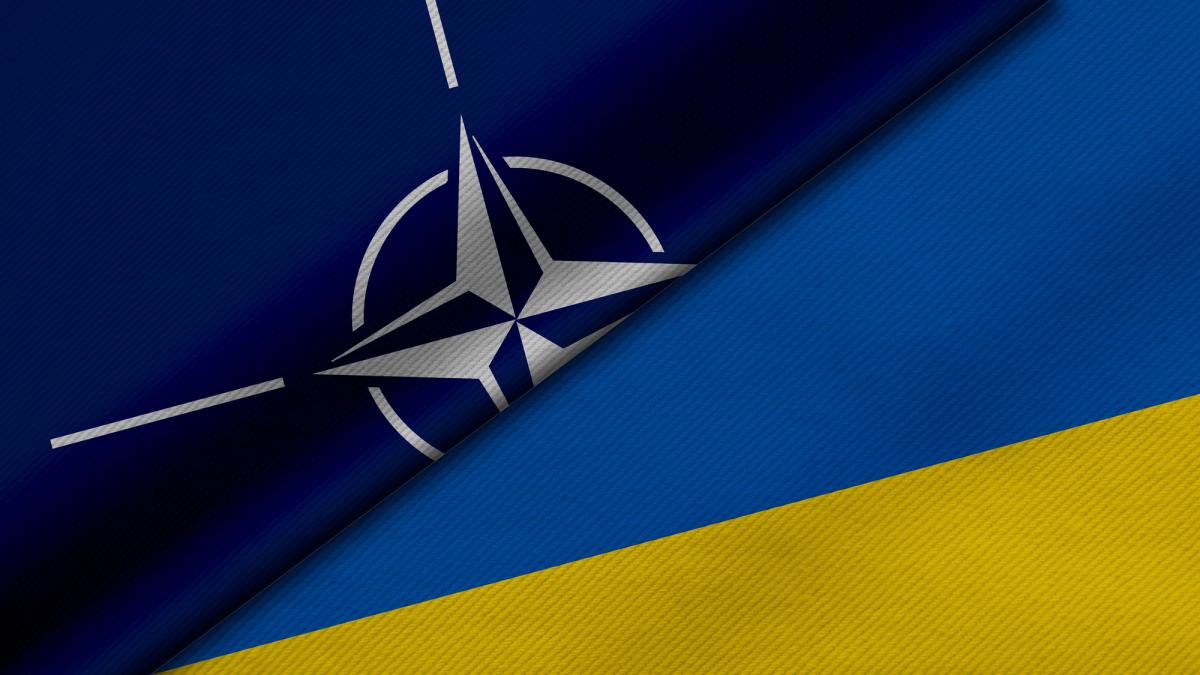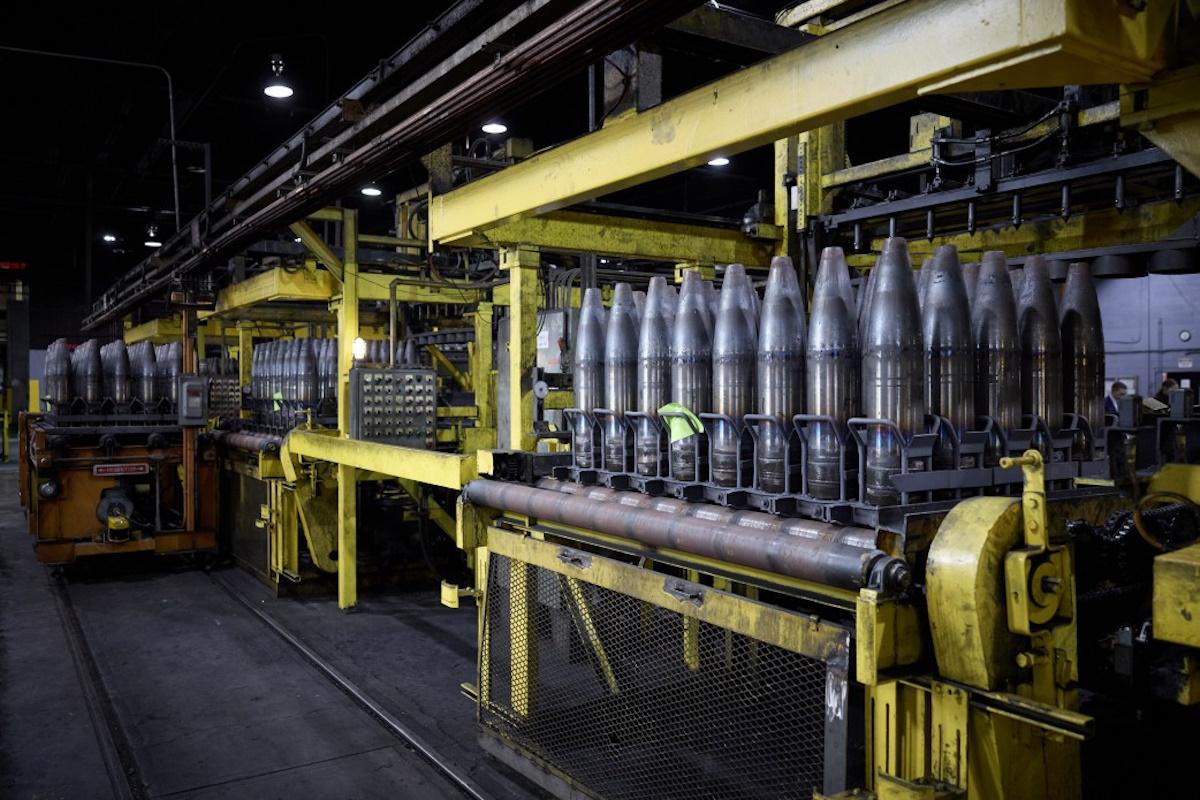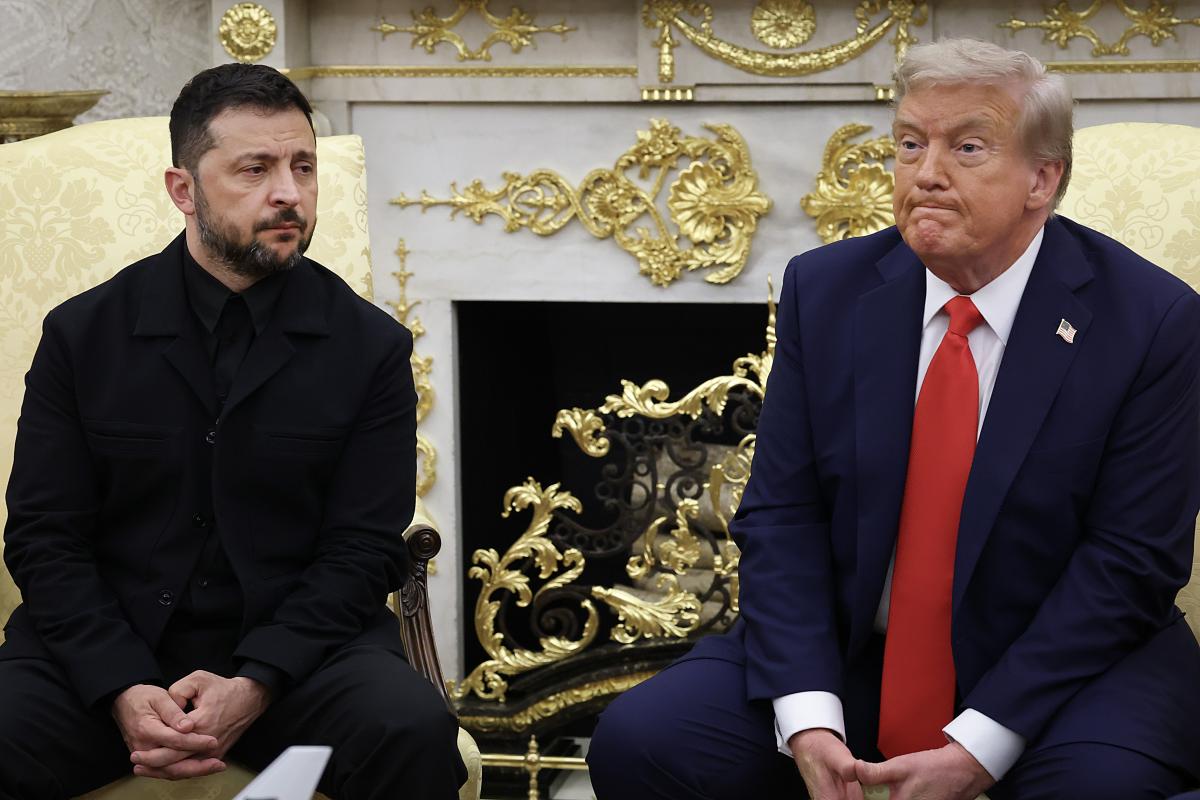“In an interview with UNIAN, the head of the Civil Society Research Center has told you how to distinguish between assurances and true security guarantees, why Europe is too slow and whether Trump’s desire for fast peace in Ukraine is justified.”, – WRITE: www.unian.ua
You can view the interview video for by reference.
Security guarantees for Ukraine – a topic that has been discussed probably since the beginning of the year. Before the Munich Security Conference, it was discussed, in particular, that the guarantees were needed for us to be able to go into a negotiating track. Informpol is now being actively discussed the possibility of meeting Zelensky with Putin. And what do we think we have with security guarantees?
I think, despite what politicians say, we do not have any clear configuration of future security guarantees. The guarantees are different from assurances. The assurance is what they promise, but may not do, as it was with the Budapest Memorandum. In turn, security guarantees have a clear implementation mechanism, that is, they are included automatically or involved in certain actions. However, this decision does not require additional political will, vote, etc.
In simple words, if time begins, the threat of invasion or something, you receive such guarantees, a specific security package – the introduction of troops, the task of strikes for certain purposes, the beginning of a military campaign, assistance and so on. That is, there is a mechanism of implementation. And this mechanism is a clear algorithm. Now I do not see this safety package.
Yes, politicians say, but they speak on the verge of assurances and guarantees. Some hypothetical promises are made, for example, that Ukraine will not be in NATO, but will receive some status and will be protected by a fifth article … But, as we can see, even those countries that are members of the North Atlantic Alliance, they are not too protected by this article.
 Ukraine is not seen in NATO / photo ua.depositphotos.comThis is also due to the fact that there is no clear mechanism for response to threats? Is this due to the fact that the world has changed so catastrophically in recent years that simply no one is going to fulfill the stated obligations?
Ukraine is not seen in NATO / photo ua.depositphotos.comThis is also due to the fact that there is no clear mechanism for response to threats? Is this due to the fact that the world has changed so catastrophically in recent years that simply no one is going to fulfill the stated obligations?
The world has changed, and the level of threats that existed for NATO countries, for example, until 2008, then by 2014 or 2022, also changed. The North Atlantic Alliance did not adapt too much to new challenges and changes. And such perception of reality is not even so much to the Alliance as to Member States, to their politicum and to their societies.
The context of political statements of the ruling groups in France, Germany, Belgium, Spain, Italy indicates that they do not want to accept new reality. They want to return to February 24, 2022 – a reality that would not predict a continental war and where there are no military threats directly to their territory. To make the war somewhere far away, it is desirable, outside their buffer borders in Ukraine or in Eastern Europe as a whole. Maybe somewhere in Africa, South Asia or the Middle East, let the wars be, but we say, leave us alone and not touches. This means that NATO is not ready to adequately respond to military challenges coming from Russia.
Some NATO countries think that in different areas we can talk about different degrees of implementation of security guarantees. For example, to protect “some farms in Estonia or Lithuania” (it is almost a literal quote) from Russian expansion, using the fifth article of NATO Charter, they will not. This is not comprehensive with the threats that a direct military clash with the Russian Federation at the level of nuclear exchange.
Therefore, it is not surprising that not only for Ukraine, not only for NATO countries, but in general for the European continent, there is a catastrophic security deficit.
The risk of military clash, although it is high, has not yet reached a threshold. Therefore, politicians, conditionally, in the Czech Republic or Romania, believe that these risks do not relate to the fifth article from a possible continental war, they protect them securely (in Poland or Baltic countries, they consider it less to be less).
If there is no guarantee of NATO protection, can bilateral unions be counted (including with countries that are members of the Alliance)? For example, Ukraine agrees with Germany about some specific things if time is “H” and these agreements are ratified by the parliaments of these countries. Are such guarantees effective? Can such a system work?
Theoretically, this is said for a long time. For example, Ukraine has already signed security agreements with more than two dozen countries. These agreements provide for assistance to Ukraine, expanded military and technical cooperation … But in reality it is not not enough.
Even the ratification of such agreements in the parliaments of countries is not a guarantee that at the right time, these countries will provide the necessary assistance we need. This, for example, is influenced by the complexity of the economic situation in these countries. The European economy goes into recession, respectively, in the short term to expect a rapid increase in defense expenditures and an increase in the production of military goods from Europeans.
Moreover, if there is a freezing of war in Ukraine, it may mean that in the medium term there will be no rebuilding of European economies into military rails. That is, they will not increase the production of military goods, but on the contrary, will reduce these expenditures, covering themselves with different needs of social nature, sustainable development, etc.
In addition, Europeans themselves have a shortage of new weapons, weapons of a new generation, which are now effective in the battlefield in Ukraine. Europeans have sold our former outdated equipment, but the production of new powerful weapons, which can really cause preschool blows to the Russian Federation, is artificial. The volumes that are not enough to meet the needs of Europe itself, not to mention ours.
Yes, we are talking for a long time that our safety and security of Europe are interrelated, and that plans for the production of military equipment, ammunition of European allies should take into account our needs. Security guarantees in this sense are that if it were indeed synthesized, we would become interdependent. Europeans would have markets for weapons and ammunition, we could become a landfill for their testing. In turn, Ukraine would also put its share in production – technologies, modernization, use and more.
At the NATO summit in June, when the decision was made to increase defense budgets, such a model of cooperation was discussed too. Does it still find any realization, or is it left at the level of words, because Europe is in no hurry?
The pace of extension [воєнного] whirlpool The barrels are extremely low. The pace of combining the potentials of our military -industrial complexes – too low.
 The pace of military production is low / photo president.gov.uaSome actions have taken place, but sufficient investments that would grow rapidly in production, do not occur. And it should also be borne in mind that in addition to the inability of European economies, or the unwillingness of the European establishment for the militarization of the economy, there is a political context. Europe is in a permanent electoral crisis, which is manifested in the fact that populist political forces that play a map of war and peace in Ukraine (or in the east of Europe), anti -migration policy, play with Russia, turn into dominant political forces. They are included in governments, government coalitions and, accordingly, begin to change the political landscape of Europe.
The pace of military production is low / photo president.gov.uaSome actions have taken place, but sufficient investments that would grow rapidly in production, do not occur. And it should also be borne in mind that in addition to the inability of European economies, or the unwillingness of the European establishment for the militarization of the economy, there is a political context. Europe is in a permanent electoral crisis, which is manifested in the fact that populist political forces that play a map of war and peace in Ukraine (or in the east of Europe), anti -migration policy, play with Russia, turn into dominant political forces. They are included in governments, government coalitions and, accordingly, begin to change the political landscape of Europe.
Therefore, when I hear from Europeans about security guarantees, I would like more specifics in mechanisms. After all, I do not see a clear political will for the readiness of joint placement of military contingents in Ukraine as one of the components of security guarantees.
Can Ukraine take some steps to either accelerate the development of such mechanisms by our partners, or perhaps even to offer these mechanisms independently because we are interested in it?
I do not think that there are arguments in Ukraine that would persuade Europeans to enter us with military contingents and become a stabilization mission. Europeans want peace, that is, the agreement on peace, and then the placement of peacekeeping missions that support the agreement.
But there is a nuance: if such an agreement is, they can depart at all, and all. Like, you already have an agreement, you no longer need these contingents.
Yes, this is a belt that we are well aware of.
Therefore, the main burden of arrangements, the main trumps in this story are, not sad, in the hands of Trump. Only the United States is able to convince European allies to deploy a military stabilization mission. The United States can give security guarantees to Europeans, to protect their deployment at least in the west of Ukraine (not near the line of combat). And on the line of combat collision may be, for example, third countries that are not included in NATO (Russia emphasizes especially on such things) …
But all this is a long story. Trump wants to make these puzzles in just a few weeks. If American diplomacy finds this algorithm, a model that will be able to involve in the negotiation process (and thus create a reliable mechanism of acceleration of the end of the war) China, Brazil, Asian countries, India, some other countries that are potentially ready for such peacekeeping operations, are ready to get into the reconstruction.
 Trump wants a quick deal / photo Getty ImagesIt also opens some opportunities for us. It may be that we will have several rounds of the negotiation process. This process will be complicated, with different icks, games that will occur in the course of negotiations. But if you look at the behavior of our diplomacy, political leadership now, there is already an awareness of possible traps that can occur during these negotiations …
Trump wants a quick deal / photo Getty ImagesIt also opens some opportunities for us. It may be that we will have several rounds of the negotiation process. This process will be complicated, with different icks, games that will occur in the course of negotiations. But if you look at the behavior of our diplomacy, political leadership now, there is already an awareness of possible traps that can occur during these negotiations …
The main question is: whether the collective event is ready, in the event of a threat to Ukraine, to apply restraint, except for sanctions. And it is for this question that I do not see the answer yet. It is not necessary to expect fast peace.
